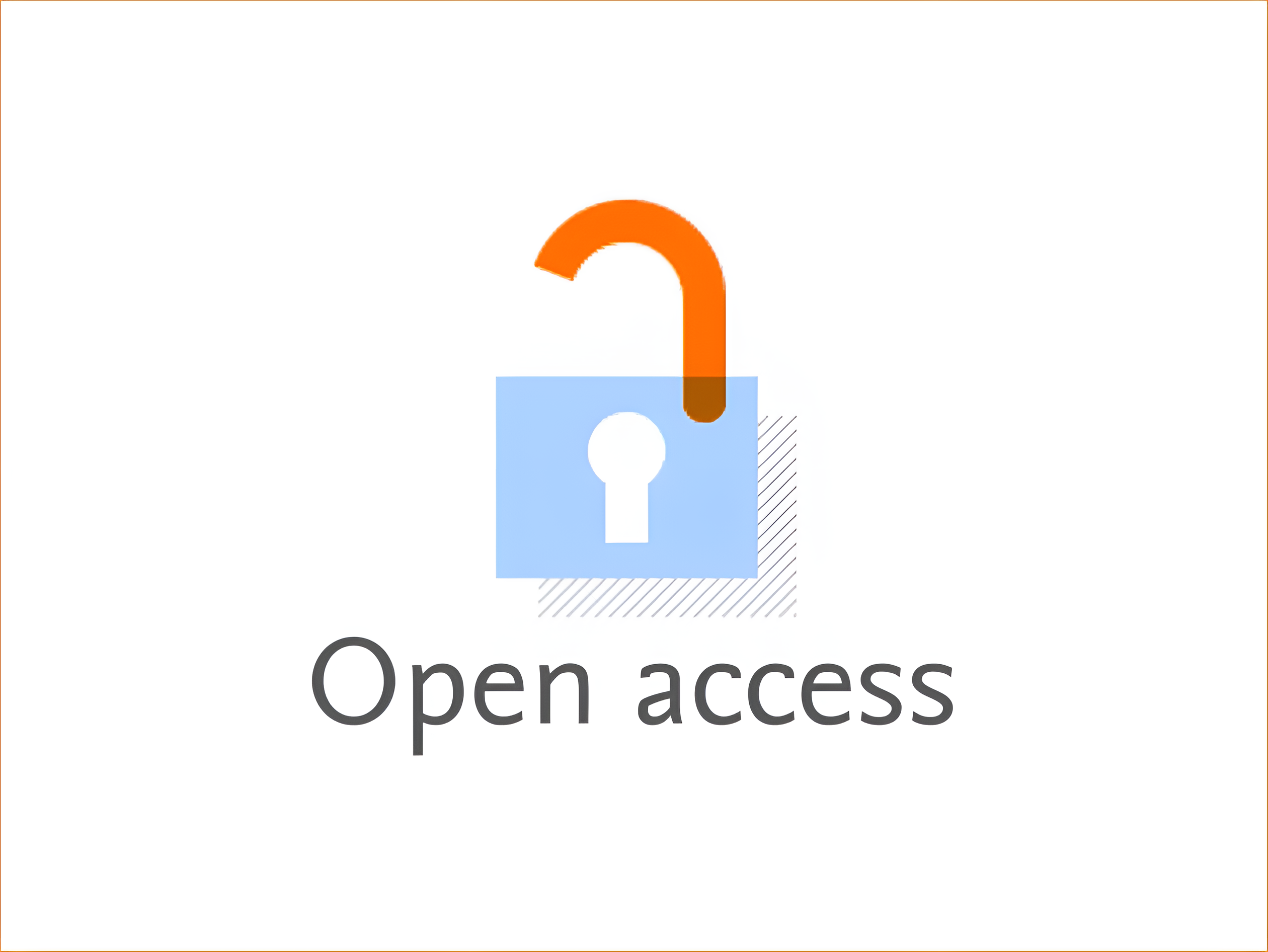EARLY CHILDHOOD PARTICIPATION: A SURVEY OF EARLY CHILDHOOD EDUCATORS' PERSPECTIVES ON THE TYPES AND EXTENT OF SUPPORT REQUIRED FOR THE FULL INCLUSION OF CHILDREN WITH SPECIAL NEEDS
Keywords:
Inclusion in early childhood education, Early childhood educators, Perspectives of educators, Comprehensive educationAbstract
To successfully integrate children with special needs into conventional educational settings, this research analyzes the perspectives of preschool educators on the types and amounts of assistance that are essential. A total of 1,608 educators filled out a survey that used a 5-point Likert scale and a structured questionnaire to collect demographic information and assessed assistance requirements. The researcher used SPSS version 25's descriptive statistics and ANOVA to examine the quantitative and qualitative link between early childhood inclusion outcomes and assistance requirements. When asked about the vital need of increased personnel, resources, and preparation for effective inclusive practice, educators unanimously agreed that it was very important. Teachers felt that they couldn't meet the demands of all the students, as they all had different requirements, due to a lack of resources. The researchers wanted to find out whether there was a statistical correlation between teachers' perceptions of support and their capacity to make their classrooms welcoming to all students. Because statistical significance was intended, the study's p-value was determined to be less than 0.05. These results highlight the importance of teachers' backing as one of the most critical factors in launching and sustaining inclusive practices in preschools and kindergartens. Children with special needs may be completely included in learning processes thanks to the study's contribution to the existing literature, which sheds light on the types of assistance educators require to achieve inclusion. In order to ensure that all students in these schools have access to high-quality education, this report suggests changes that lawmakers and school districts should make to their professional development and resource allocation programs.






